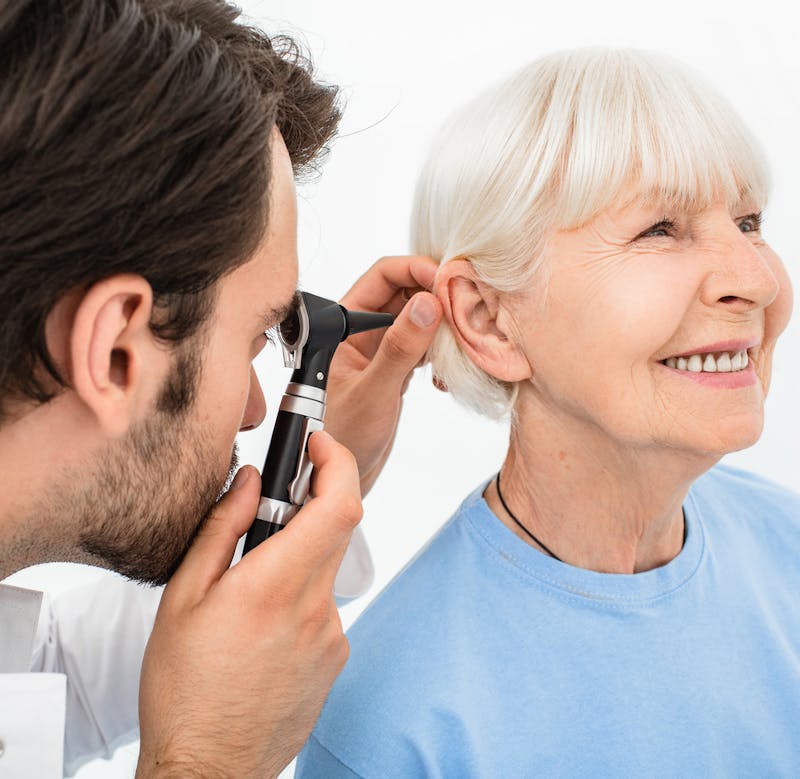
Hearing loss is a growing concern, affecting millions of people worldwide. While some types of hearing loss are due to factors beyond our control, many cases can be prevented with simple lifestyle changes and habits. By taking proactive steps to protect your ears, you can help preserve your hearing health for years to come. Whether you're exposed to loud noise daily or just looking to maintain good ear health as you age, there are practical measures you can take to minimize the risk of hearing damage.
1. Protect Your Ears from Loud Noises
Exposure to loud sounds is one of the leading causes of hearing loss. Whether from music, concerts, or noisy work environments, sounds over 85 decibels (dB) can damage the inner ear. To protect your hearing:
- Use ear protection: Earplugs or noise-canceling earmuffs are essential in noisy environments.
- Keep the volume low: When using headphones or earbuds, keep the volume moderate.
- Take listening breaks: Follow the 60/60 rule—no more than 60% of max volume for no longer than 60 minutes.
2. Regular Hearing Checkups
Routine hearing tests can catch early signs of hearing loss, especially as you age. Even without symptoms, it’s a good idea to see an audiologist for checkups to assess and maintain your hearing health.
3. Limit Exposure to Secondhand Noise
Secondhand noise from TVs, construction, or other sources can contribute to ear fatigue. To minimize exposure, use noise-reducing materials or earplugs to minimize exposure.
4. Practice Safe Listening Habits
- Use volume-limiting features: Many devices have settings that restrict maximum volume. Utilize these to avoid unintentional damage.
- Choose over-ear headphones: They are less harmful than in-ear earbuds.
5. Avoid Inserting Foreign Objects into Your Ears
Using cotton swabs can push earwax deeper or damage the ear canal. Allow your ears to clean themselves naturally or if you need to remove excess earwax, use over-the-counter drops or consult with a healthcare professional.
6. Manage Health Conditions
Conditions like diabetes and high blood pressure can increase the risk of hearing loss. Regular checkups can help manage these conditions and protect hearing.
7. Maintain a Healthy Lifestyle
A healthy lifestyle contributes to overall well-being, including ear health. Eating a balanced diet rich in antioxidants, omega-3 fatty acids, and vitamins such as vitamin A, C, and E may help protect the delicate structures in the ear. Regular physical activity also promotes good blood circulation, which benefits your hearing health.
Avoid Hearing Loss with SENT
While some types of hearing loss are beyond our control, taking proactive steps to protect your ears can significantly reduce the risk of long-term damage. By adopting safe listening habits, shielding your ears from loud noises, and prioritizing overall health, you can help preserve your hearing and continue to enjoy the sounds of life for years to come.
At Southern ENT Specialists (SENT), we are dedicated to supporting you in maintaining and protecting your hearing. Whether you're concerned about potential hearing loss or considering hearing aids, our team of experienced ENT doctors is here to guide you through every step of the process.
